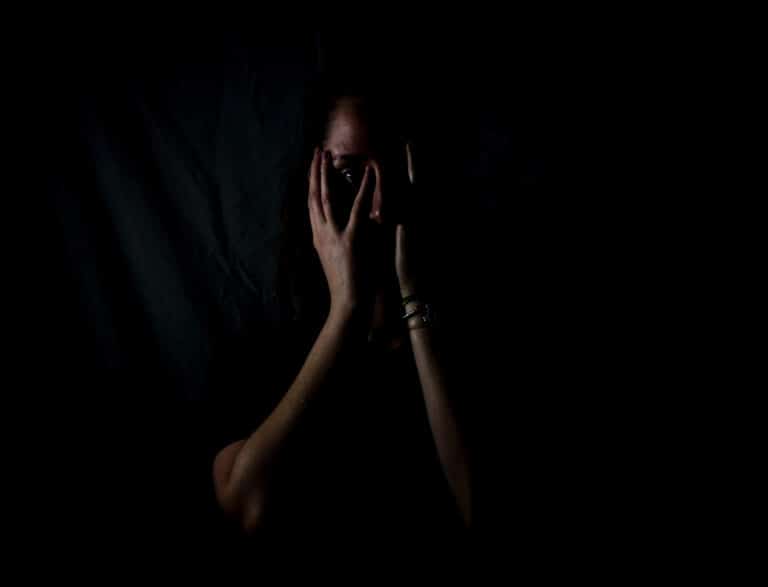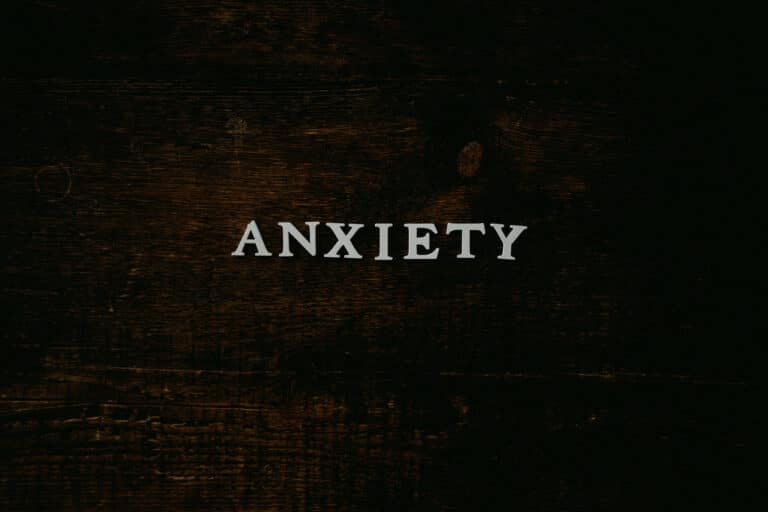If you’ve ever seen meerkats at the zoo or in an animal documentary, there’s always one that is constantly on the lookout for predators while the others scavenge for food. Anxiety is a lot like this, where victims are constantly hyper-aware of their environment and expect danger around every corner. Unlike meerkats who take turns watching for danger, people with anxiety oftentimes feel alone in their struggle.
In fact, millions of people in the country struggle with anxiety every day, and according to the Anxiety and Depression Association of America, women are twice as likely to suffer from anxiety. In fact, 23.4 percent of women in the U.S. have reported struggling with an anxiety disorder compared to 14.3 percent of men. The question becomes, then, why are women more likely to struggle with anxiety?
Why Do Women Have an Increased Risk for Anxiety?
1. Differences in Hormone Changes Between Genders
There are many theories why women are more likely to struggle with anxiety. The first has to do with hormone fluctuations. Monthly cycles and pregnancy are common events in a woman’s life that cause hormonal changes. This theory suggests that any hormonal changes in the body increases your risk for an anxiety disorder.
Since men don’t go through as many hormonal shifts during their lifetimes, this could explain the difference in anxiety rates between genders. After all, many anxiety disorders are a result of a chemical imbalance in the brain. And the more the body goes through hormonal changes, the higher the risk for a chemical imbalance to develop. For example, the increase in hormones during pregnancy has been shown to increase the risk for women to develop obsessive compulsive disorder.
2. The Differences Between How Men and Women Cope with Stress
Another potential reason for why women are more prone to anxiety is how each gender deals with stress. Some studies have shown that women are more likely to ruminate. Rumination is when you repeatedly focus on negative thoughts.
Unfortunately, people who ruminate often don’t even realize that they’re doing it. While your brain has you believe that you’re “problem solving,” what you’re actually doing is ruminating. This repeated focus on your negative thoughts and emotions can have a lasting impact on your mood, and in some cases, leads to and fuels an anxiety disorder.
3. The Connection Between Anxiety and Emotional Abuse
Women are more likely to be victims of physical and emotional abuse than men. Women who have suffered abuse or other types of trauma have a much higher risk of developing an anxiety disorder. In fact, anxiety is one of the most common symptoms of emotional abuse. The common factors of emotional abuse carry a variety of triggers for anxiety, such as:
- Chronic stress, which is one of the most common causes for anxiety
- Low self-esteem and confidence, which can lead to depression and make it less likely for women to seek treatment for their anxiety
- Rumination and overthinking about the abuse, which leads to exhaustion and worsens anxiety symptoms
- Feeling on edge, where the brain isn’t able to break free from the stress and fear
Break Free from Anxiety at Fountain Hills Recovery
We know that if you’re suffering from an anxiety disorder, you might feel trapped in the stress and pain you go through each day. But you don’t have to live like this forever. In fact, Fountain Hills Recovery can help you process your anxiety and develop healthy ways to manage it beyond treatment.
As a premier mental health treatment for women, we take the time to get to know you on a personal level. That way, we can create a treatment plan that addresses your unique struggle with anxiety. If you’re ready to heal from anxiety and regain control of your life, contact our friendly staff today.




